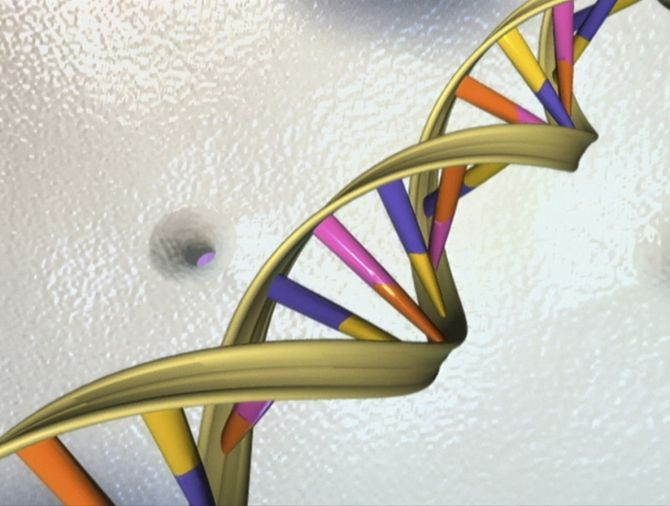Doctors Discourage Genetic Testing Of Children

With genetic tests such as "23 and Me" and others becoming so prevalent, parents are tempted to have their children tested to pull back the veil of mystery that some families have with inheritable diseases.
There are no definitive answers in these tests, which may cause unneeded anxiety. A new policy statement by the American Academy of Pediatrics and the American College of Medical Genetics aims to put the brakes on testing children used to identify genetic-based diseases that may not take hold until adulthood.
The statement said that doctors should discourage parents for testing their children for genetic diseases that will only take hold in adulthood and that there is no treatment option or cure for.
"In that case, there's nothing the person can do differently until they are an adult," said Dr. Lainie Ross, professor of clinical ethics at the University of Chicago and lead author the report published Thursday in the journal Genetics in Medicine.
"With genetics, we've come to learn that it's complicated, and people have different reactions to it," Dr. Ross said. "Some families need to live with the ambiguity."
At birth, children undergo screening for certain genetic disorders, but with the rise of cheap and quick genetic testing the power is put in the hands of parents.
Dr. Ross stated that there is worry that parents who do test their children may not be able to properly deal with such news as a genetic disorder in their children. He felt that parents need to speak with genetic counselors in order to fully understand the impact of such news.
The new guidelines suggested that children who are at risk for genetic diseases, such as those with a family history of such disorders. And they discourage testing for adult onset diseases in childhood.
"From a parent's perspective, they should view themselves as a partner with the provider in decision making," said Ross. "There's a lot of room in these guidelines for parental discretion."
"These policies are to educate colleagues such as pediatricians and what's the ethical thing to do," said Ross, adding that pediatricians, not genetic counselors, are often at the forefront of the conversation with parents and children about genetic testing."
"It's time for all of us to take on the responsibility to become more genetically fluent," she said.
The report in the journal Pediatrics can be found here.



























